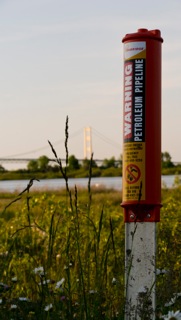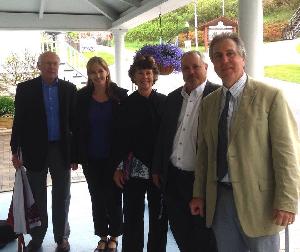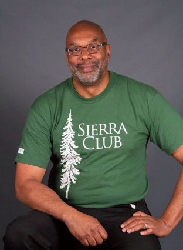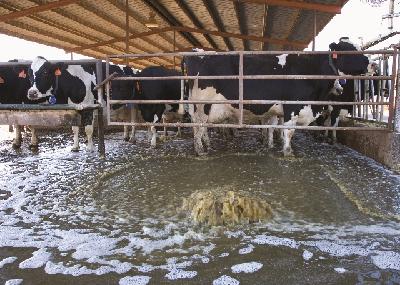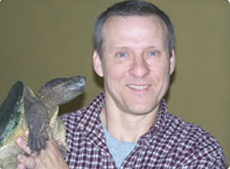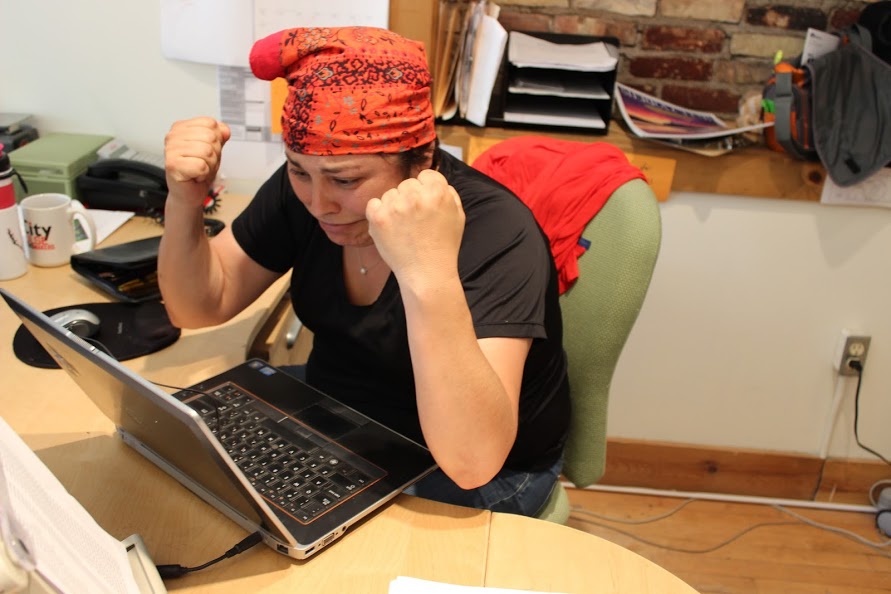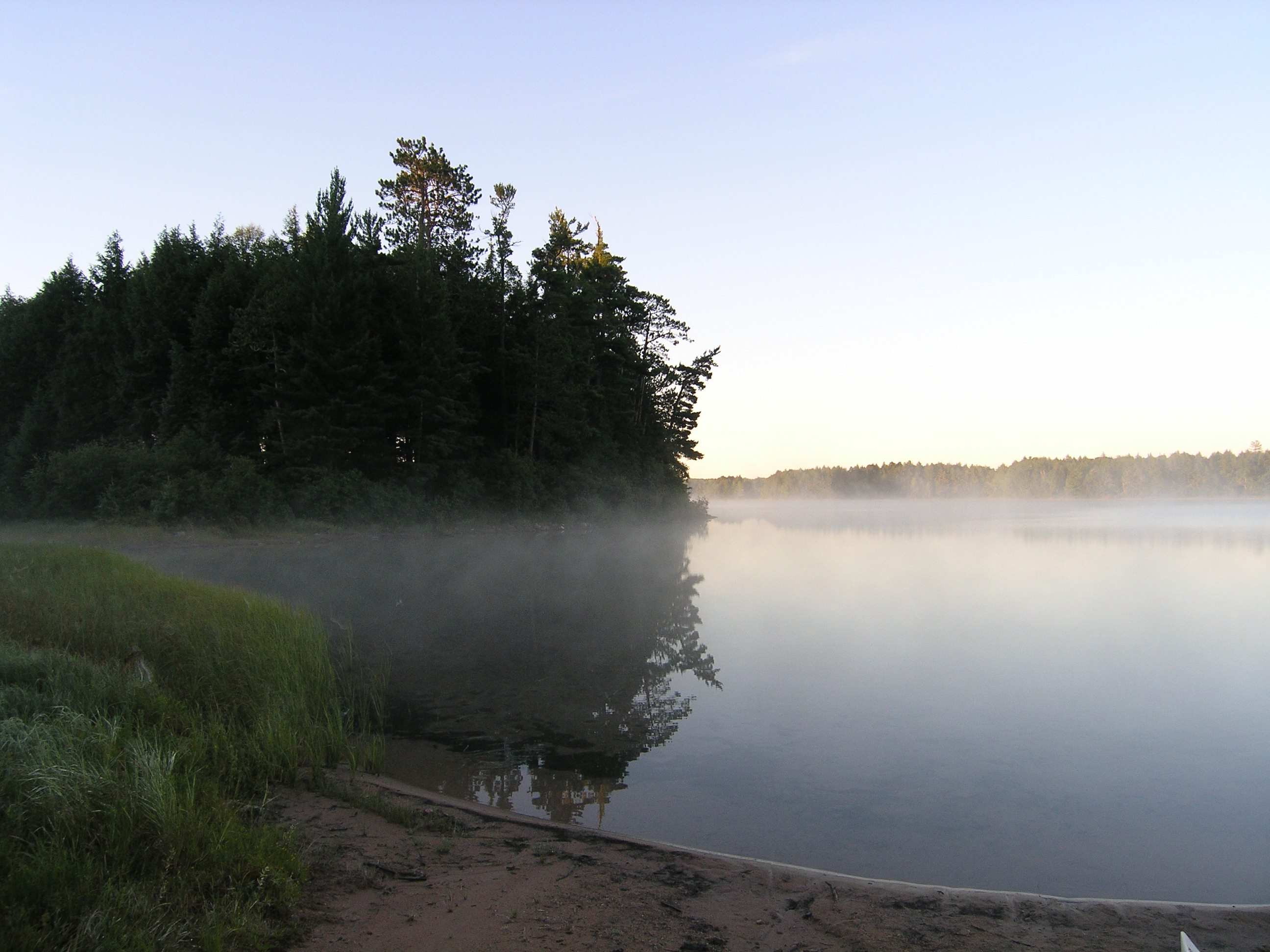If a link in a post doesn't open correctly hold down the CTRL (or Control) key and then click on the link. Then choose "Open in a new window (or tab)".
Sunday, June 21, 2015
Wednesday, June 17, 2015
Michigan Legislature Update from Sierra Club - June 18, 2015
Michigan
Legislature Update from Sierra Club
June
18, 2015
Submitted
by Mike Berkowitz
The
Michigan House has concluded session for their summer recess while the Senate
is still debating whether or not to take a summer break.
Energy
Legislation
-House:
Energy Committee Chair Nesbitt held hearings on his bills (HB 4298-4304) but
has not taken any further action on them yet. This legislation would repeal
Michigan’s Energy Optimization Standard, classify waste incineration as a
renewable energy form, and allow for the expansion of natural gas pipelines and
infrastructure using ratepayer money.
We
submitted written testimony opposing this legislation and have been actively
lobbying against it.
-Senate:
We are still waiting on Senate Energy Committee Chairman Sen. Nofs to introduce
his legislation.
Here
is our action alert on this issue: http://action.sierraclub.org/site/Advocacy?pagename=homepage&id=11335.
Pipeline/Energy
FOIA Legislation
HB
4540 (Heise) blocks public access to information about “critical energy
infrastructure” and “cybersecurity” through the Freedom of Information Act. The
bill had two committee hearings but has not yet been voted on. Legislators on
the House Oversight and Ethics committee are negotiating amendments to the
bill. We are encouraging lawmakers to either oppose the bill or remove the
“critical energy infrastructure” portion of the legislation and only make it
apply to cybersecurity.
We
submitted written testimony opposing this legislation and have been actively
lobbying against it.
Here
is our action alert on this issue: http://sierraclubmichiganaction.blogspot.com/2015/05/take-action-tell-legislators-to-vote-no.html
Fracking Waste
Legislation
HB
4469 (Pagan) and SB 277 (Hopgood) would regulate low-level radioactive fracking
waste in Michigan landfills. We are neutral on this legislation because it does
not ban the waste or increase environmental protection substantively. It mainly
focuses on increasing documentation and reporting from landfills that accept
fracking waste. The bill sponsors are still negotiating the bill language with
the DEQ and hope to get a committee hearing on it later this year.
We
are encouraging other legislators to introduce a bill that would completely ban
radioactive fracking waste and/or substantively increase environmental
standards.
No Stricter Than
Federal Legislation
HB
4246 (Farrington) would prohibit the Governor and
his/her agencies from issuing any regulation that is more stringent than
federal law unless specifically authorized by the legislature. This bill had
two Regulatory Reform committee hearings but has not been voted on. Gov. Snyder
vetoed similar legislation two sessions ago.
We
submitted written testimony opposing this legislation and have been actively
lobbying against it.
Here
is our action alert on this issue: http://action.sierraclub.org/site/Advocacy?pagename=homepage&id=15391.
Modifying the
Natural Resources Trust Fund
SB
206 (Booher/Casperson) would tie the hands of the Department of Natural
Resources when it comes to managing land, while also changing the Natural
Resources Trust Fund to focus more heavily on developing land. This legislation
had one committee hearing with major pushback from us, the MI Environmental
Council, and the DNR. The legislation has temporarily stalled since that
hearing but we are prepared in case it comes back up.
If
you have questions about any of these items, legislation not included in this
update, or want to find out how you can get involved with our legislative work,
please email Mike.Berkowitz@sierraclub.org.
Thursday, June 11, 2015
To protect Great Lakes, Lansing must keep pipeline safety info public
David Holtz12:12 a.m. EDT June 11, 2015
We need to know more about the oil pipelines that run under our Great Lakes, not less. But companies like Enbridge Energy Partners are supporting a move by Michigan’s Legislature to keep documents about the safety of oil-bearing pipelines out of the public eye.
We need to know more about the oil pipelines that run under our Great Lakes, not less. But companies like Enbridge Energy Partners are supporting a move by Michigan’s Legislature to keep documents about the safety of oil-bearing pipelines out of the public eye.
As House Bill 4540 was introduced, oil industry representatives were offering testimony in Lansing, and beforehand Enbridge’s lobbyist was working to line up support from environmentalist groups. The law they support would ensure that Michigan citizens cannot know what companies like Enbridge are doing, or how they are doing it.
More ...Sunday, June 7, 2015
Michigan Chapter Update - June 7, 2015
We're asking supporters to spare a few dollars if possible to help this overachieving member of the team purchase a new laptop that will speed up efficiency in the office and make her life a little easier. As a non-profit, Sierra Club works to serve both the environment and the people who occupy it. However, we need the critical tools to continue carrying out these missions. It's everyday people who make our everyday work fighting for environmental protection a success! Thanks for helping out and allowing Cecilia to do what she does best! Contact Jan O'Connell at 616-956-6646 or jan.oconnell@sierraclub.org to help, OR just send a check made out toSierra Club Michigan Chapter to 109 E. Grand River Ave, Lansing, MI 48906. Donations to the Sierra Club are not tax-deductible because they support our effective citizen based advocacy and lobbying efforts! You can also click here to make a secure donation online. EXPLORE AND ENJOY! SYLVANIA WILDERNESSSierra Club is committed to "exploring, enjoying and protecting the planet." The Michigan Chapter Update includes features on exploring and enjoying places in Michigan. Chapter Conservation Director Anne Woiwode talks about one of her favorite places: Sylvania Wilderness in the Ottawa National Forest
Please plan your trip carefully - make sure you obtain up to date maps, carry a compass and be prepared with whatever gear you will need for your planned activities, with a margin for error to protect against unforeseen mishapsdominated by ancient red and white pines surround the lakes, and at times visitors will delight in rare orchids and wildflowers. Common loonsclaim these lakes as their own, so during the summer months you can almost guarantee that you'll hear their haunting calls. Wolves, eagles, and ospreyare also found in the area. Visitors can enjoy this area all year round with skiing and snow shoeing as an option in the winter, as well as hiking trails. Most visitors enjoy the area from kayaks or canoes, starting their adventure at the carry down boat ramps on Clark Lake or Crooked Lake. Nearby outfitters are available to provide gear and guidance on enjoying Sylvania. Fishing is allowed with a state permit and special regulations for the area available at the Entrance Station. A limited number of well dispersed campsites are found within the wilderness in order to protect the delicate ecosystem, and must be reserved. Drive in camping is also available outside of the wilderness at the Clark Lake campground. Part of Crooked Lake is outside the wilderness and a handful of homes and a small non-motorized resort occupy part of the northern lobe of the lake. You may encounter small motorized boats outside the wilderness boundary on Crooked Lake. Visiting Sylvania wilderness should be on the list for everyone who wishes to know parts of Michigan that are virtually unchanged from the time of first human habitation. Our efforts under state and federal laws to protect exquisite areas like this pay off for generations yet to come, but vigilance is essential to defend and protect them into the future.
-----------------------------------------------------------------------------------------------------------
Here are Some Great Ways to Support Sierra Club Michigan Chapter and Get Engaged!
We welcome feedback on the Michigan Chapter Update - Contact us at michigan.chapter@sierraclub.org.Michigan Chapter - Sierra Club 109 E. Grand River Avenue Lansing, MI 48906 Contact Us Header photo Near Andrus Lake, Upper Michigan, by Beverly Wolf. | ||||||||||||||||||||||||
Thursday, June 4, 2015
DTE's rate structure and lack of accountability is harming Michigan communities; The solution? Off the grid LED lighting!
DTE's rate structure and lack of accountability is harming Michigan communities
The solution? Off the grid LED lighting!
By Jackson Koeppel
In 2011, the City of Highland Park, MI, home to the world’s first automated assembly line, first mile of paved road, and first depressed urban freeway, lost over 1000 city streetlights to repossession by DTE Energy. The city had been unable to pay a $65,000 per month energy bill for some time and racked up $4 million in municipal electric debt. Amidst already staggering poverty and collapsing infrastructure, residents of this majority black city in the center of Detroit had to sit and watch their streetlights be removed and carted off. Go to youtube and search ‘Highland Park in the Dark: DTE Removes Streetlights’ if you don’t believe me.
In response, I helped to form Soulardarity, a community organization formed around the installation of community-owned off-grid solar streetlights. Since 2012 we have installed two pilot projects and inspired the city and county to collaborate on an off-grid solar lighting project for the Ernest T. Ford Recreation center. Soulardarity is currently in the process of forming into a membership organization that will pursue off-grid solar street lighting, energy efficiency, and community education and organizing to build a democratic and equitable energy system.
Recently, Highland Park invested in high-efficiency LEDs for some of their remaining lights,
along with many other municipalities in southeast Michigan. DTE publicly encouraged this
investment. The city of Ypsilanti, for instance, spent $500,000 converting their streetlights to
LEDs on a promise of saving at least $120,000 annually. Now, DTE has put forward a rate case that would raise the operating rates of LED lighting, while lowering the operating rates of sodium bulbs, significantly diminishing the payback for cities which invested in upgrading their lighting. Twenty-four municipalities are intervening in this rate case for lack of any good reason that LED lighting should be so much more expensive to maintain.
It is almost convenient that Highland Park was so brutally wracked by the repossession - at least the con didn’t cost us as much. Starting from scratch, it is actually more affordable to install off-grid solar-powered lighting than lighting tied to the rising cost of fossil fuels and the desperation of an obsolete monopoly. It indicates to me that cities everywhere should be paying attention to places like Highland Park, where the devastation wreaked by an economy designed for gambling addicts is most acute, and where the transformation to a new one is actually possible.
At a DTE shareholder meeting last week, I asked Gerald Anderson, DTE’s board chairman, face-to-face, why this rate case is being advanced. He said, and this is almost word-for-word, that LED streetlights used such little energy that they need to raise fixed costs to pay for their infrastructure.
Let that sink in.
If your community reduces its energy use, DTE is going to raise rates to pay for their coal plants and nuclear plants, transmission lines, transformers - even though you’re using them less. The message is clear: DTE cares more about their investors than the communities they serve. They aren’t going to help us make an energy economy that works for our communities unless we demand it.
This is not the first, or the last, time that DTE will double-cross our communities. We know that they will fight tooth and nail against efforts to make our own energy . We know that they have money - but we have something better. This regional collaboration to intervene in the LED rate case could be the beginning of the transformation I’ve been having fever dreams and powerful conversations about. I hope it is, because I’m keenly aware that we are on a tight schedule to avoid catastrophic, old testament, seven plagues-style climate collapse. We’re already feeling it - last year, Highland Park got six inches of rain in 24 hours in an event that cost Michiganders over $1 billion.
So Michigan, it’s time to get serious. Let’s work together to build a new energy economy like our lives depend on it - because they do.
Jackson Koeppel is Co-Director of Soulardarity, a community organization working on solar lighting and energy democracy in Highland Park, MI. You can learn more at www.soulardarity.com and reach him at 917 554 3741 or jackson.soulardarity@gmail.com
Subscribe to:
Comments (Atom)




